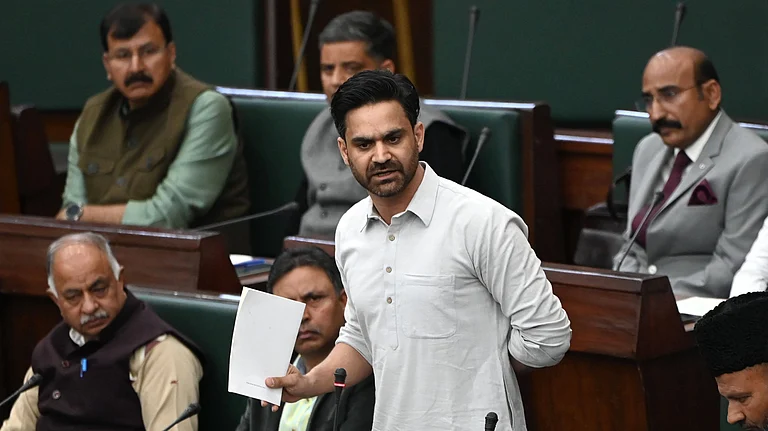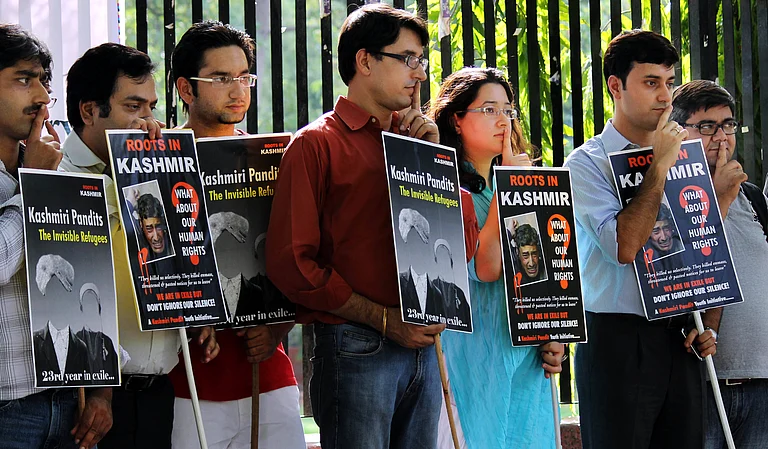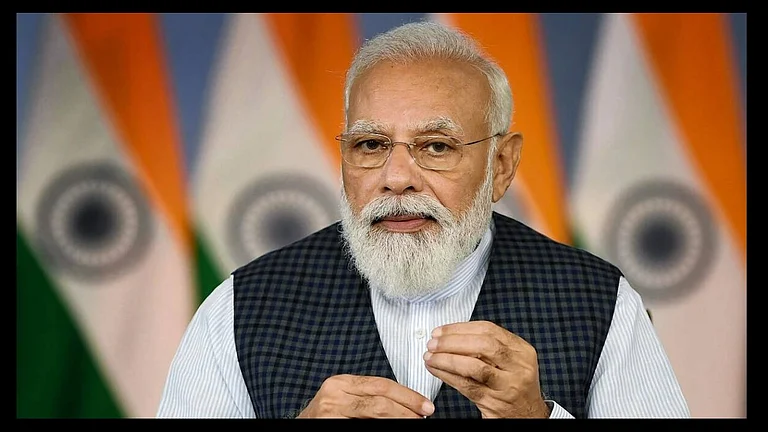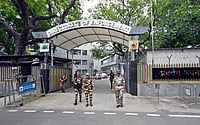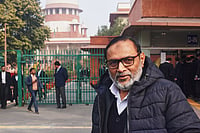On the heels of the Congress-National Conference sweep of the Jammu and Kashmir Assembly elections, a fresh petition before the Supreme Court of India gives voice to the will of the Kashmiri people: restore statehood to Jammu and Kashmir. Experts say that while precedent exists for this, the matter depends on the “largesse of the Modi government.”
Zahoor Ahmad Bhat, a petitioner in the 2019 case that challenged the Centre’s abrogation of Article 370, has again approached the apex court to plead for the restoration of the Jammu and Kashmir State in a time-bound manner.
Given that the region just concluded state elections for a 90-member Jammu and Kashmir Legislative Assembly after a decade-long gap, Bhat argues that "the absence of statehood would cause serious reduction of democratically elected governance in Jammu and Kashmir, leading to grave violations of federalism.”
The application forms part of the continuing litigation titled “In re: Article 370 of the Constitution,” in which the Supreme Court upheld the abrogation of J&K’s special status in December 2023.
A five-judge bench led by Chief Justice D Y Chandrachud had upheld the abrogation of Article 370; however, based on assurances given by Solicitor General Tushar Mehta, the court emphasised that the abrogation was a temporary measure. The government had committed to restoring J&K's statehood, excluding Ladakh, which would remain a Union Territory.
Legal experts agree there is no impediment to converting a UT into a State.
Article 3, which reverses the reorganisation, would align with the Constitution's federal framework. However, the court avoided directly ruling on whether converting a state into a UT was permissible under this provision.
“This petition effectively pushes the court to answer a question they avoided last time,” says Alok Prasanna, co-founder of the Vidhi Centre for Legal Policy. He adds that “one of the questions before the court in 2023 was whether the Union Parliament can "downgrade" a State to a UT constitutionally, and do so without the State government's consent. SC refused to answer that question. So, in a sense, we don't know the status of that point of law.”
One possible route is for the Indian government to restore statehood to J&K by invoking Article 3 of the Indian Constitution. Article 3 grants Parliament the authority to reorganise state boundaries, merge territories, or convert states into Union Territories (UTs) and vice versa. The Centre invoked Article 3 to reorganise J&K in 2019. Additionally, Article 3 reads with Article 4, which says that even if the territory is changed, this will not amount to an amendment of the Constitution, points out Senior advocate Rajeev Dhavan.
“Take, for example, Maharashtra, Gujarat, and Andhra separation was all Article 3. So, this procedure for reworking the boundaries is all Article 3. It has nothing to do with the amendment of the Constitution,” he says.
Article 3 requires the Centre to introduce a Bill to restore statehood in Parliament. It would also be sent to the Jammu & Kashmir Legislative Assembly for its comments. Prasanna points out: “Only the Centre can introduce the Bill. Without them on board, this is not possible.”
Bhat’s petition also points out that, ten months after the ruling, the Centre has not taken concrete steps to restore J&K's statehood. “The delay is gravely affecting the rights of the citizens of Jammu and Kashmir and violating the principle of federalism,” the petition says.”
With recent legislative elections conducted in the J&K UT, there is mounting public and legal pressure to restore statehood, as leaving it as a UT is viewed as undermining federalism—one of the Constitution’s fundamental principles. Dhavan notes, "When Tushar Mehta gave an assurance to the court for statehood, he didn't give a timeline. And no mandamus can be issued (by the court) to the Central government to put in a Bill for Parliament,” he says.







